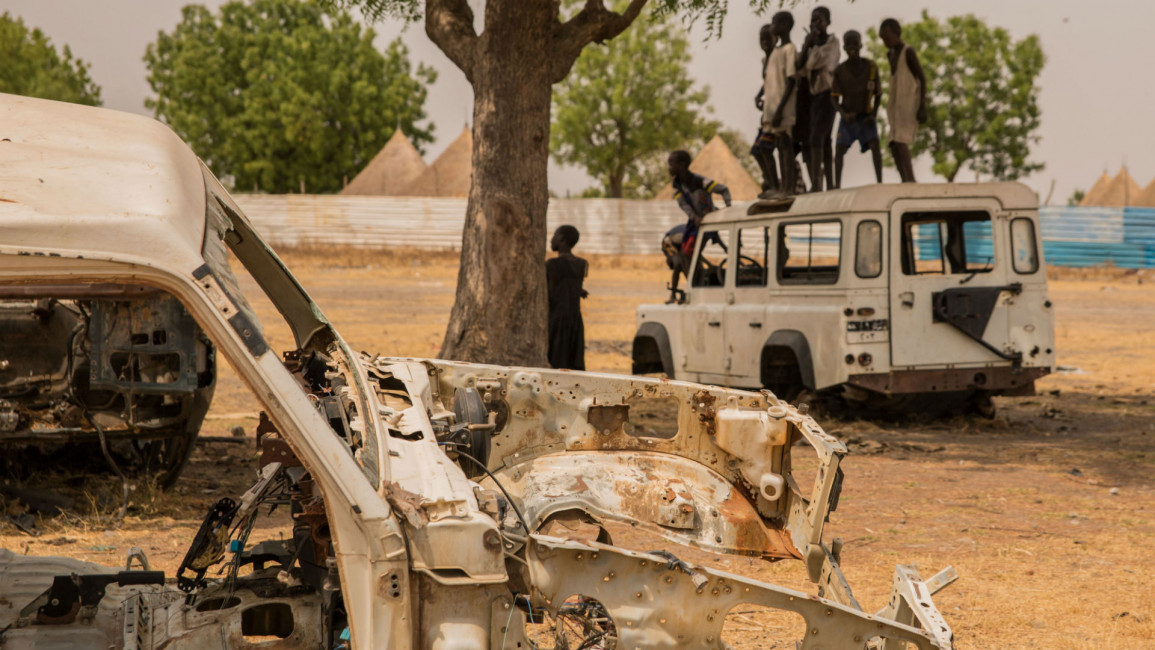South Sudan peace talks brought to a halt, as opposition opposes deal
Both parties met in Ethiopia's capital, Addis Ababa, this week in the hopes of renewing efforts to end the country's civil war, which has left thousands dead.
Opposition groups, including the SPLM-IO and the South Sudan Opposition Alliance, rejected the proposal, submitted by the East African development bloc IGAD, saying that the primary concerns of the conflict are not addressed.
They added that the proposal also gives the current government more scope in any future transitional authority.
"Last time we were asked to submit our proposal, and when we look at this [draft] agreement it does not reflect the proposal that we had," said opposition SPLM-IO spokesman Mabior Garang.
"In fact it looks more like an agreement on surrender because it gives everything to the government."
Kwaje Lasu, spokesperson for the South Sudan Opposition Alliance - a coalition of nine opposition groups - said that the proposal sets no provisions towards a democratic South Sudan.
"We believe that this IGAD proposal is the position of the government of South Sudan whereby they are trying to maintain the status quo," Lasu said.
South Sudan's Information Minister Michael Makuei said that he only partially agrees with aspects of the proposed deal, mainly the sharing of responsibility.
However, he adds that the proposal does not take into consideration the government's positions on key issues of leadership, governance and security.
No date for further talks was set.
The conflict in the newly-founded republic has killed tens of thousands of people and forced over 4 million to flee their homes. More than 1.8 million of these refugees have been forced to leave the country in what has become the world's fastest growing refugee crisis.
There were high hopes that South Sudan would have peace and stability after its independence from neighbouring Sudan in 2011.
But the country plunged into ethnic violence in December 2013 when forces loyal to President Salva Kiir, a Dinka, started battling those loyal to Riek Machar, his former vice president who is a Nuer.
A peace deal signed in August 2015 didn't stop the fighting, and a cessation of hostilities agreement this past December was broken within hours.
The United Nations opposed a plan by South Sudan's government to move to elections if warring parties failed to reconcile differences at the peace talks which were scheduled to start 17 May.



